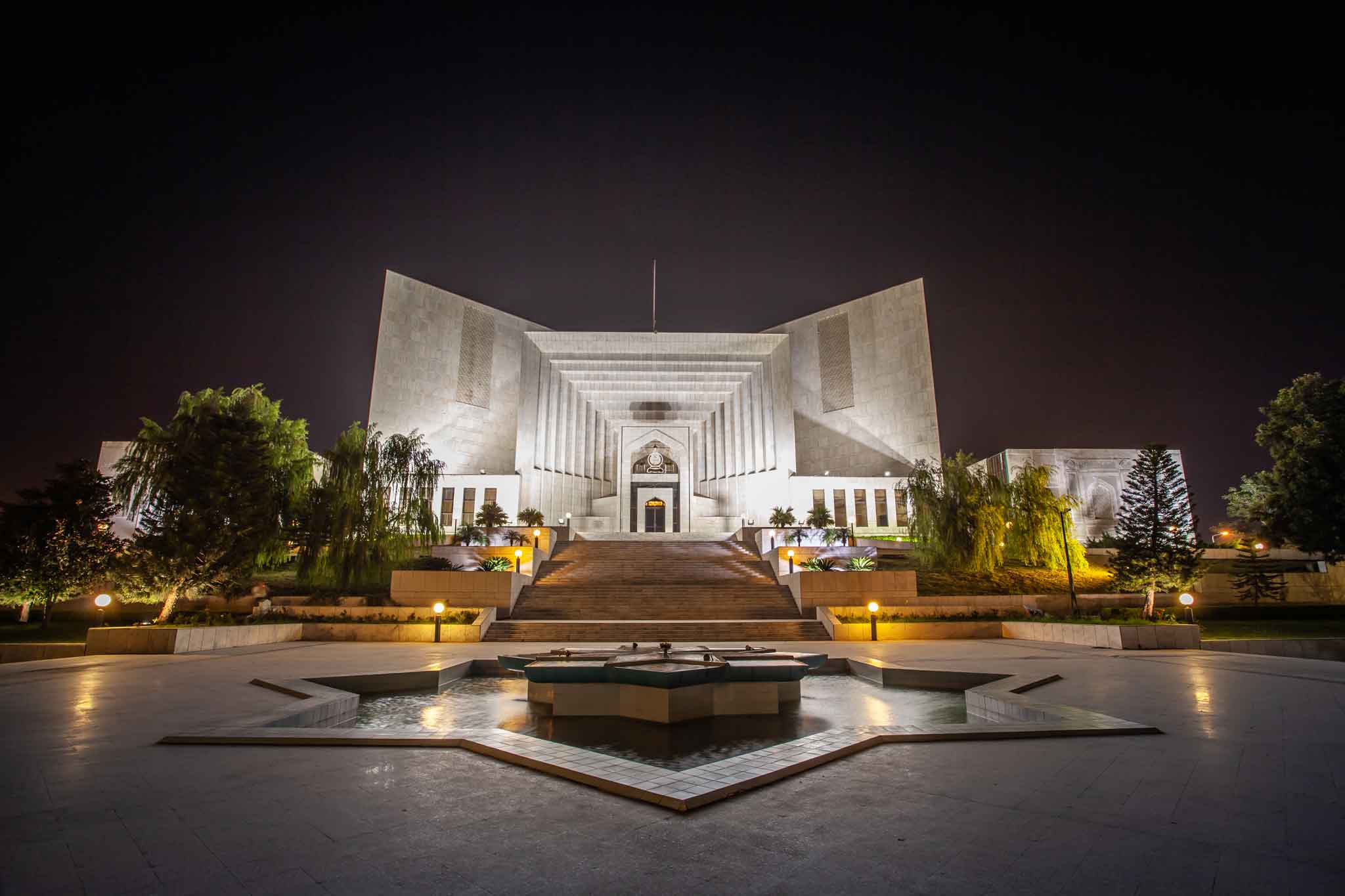
The Supreme Court has issued a statement addressing misinterpretations of its recent decisions in the media, emphasizing inaccuracies in reporting across electronic, print, and social media platforms.
According to the court’s clarification, erroneous reporting has led to misunderstandings regarding the court’s stance on certain legal matters. Specifically, there have been misinterpretations regarding the court’s adherence to the Second Constitutional Amendment, particularly concerning the definition of a Muslim.
Additionally, the Supreme Court clarified misconceptions regarding the abolition of collective punishments for crimes against religion in Pakistan. The court emphasized that the abolishment of collective punishments does not apply when the First Information Report (FIR) is accepted in its original form. Furthermore, the statement highlighted that the impact of abolishing collective punishments has been inaccurately portrayed.
Furthermore, the announcement underscored that even if allegations are admitted in the FIR, the case falls under the purview of the Army Act 1932, Section 5. Under this act, the publication of prohibited books can result in a six-month imprisonment.
A petition challenging the federal government's recent solar net metering policy has been filed before…
The Pakistan Stock Exchange (PSX) saw a significant downturn in trading on Friday as the…
Eleven people lost their lives when an oil tanker collided with a passenger bus on…
LONDON: In a significant judicial blow to its anti-terrorism strategy, Britain's High Court has ruled…
The Election Commission in Pakistan has unveiled the schedule for a crucial by-election to fill…
NASA and SpaceX are ramping up final preparations for the launch of the four-person Crew-12…
This website uses cookies.